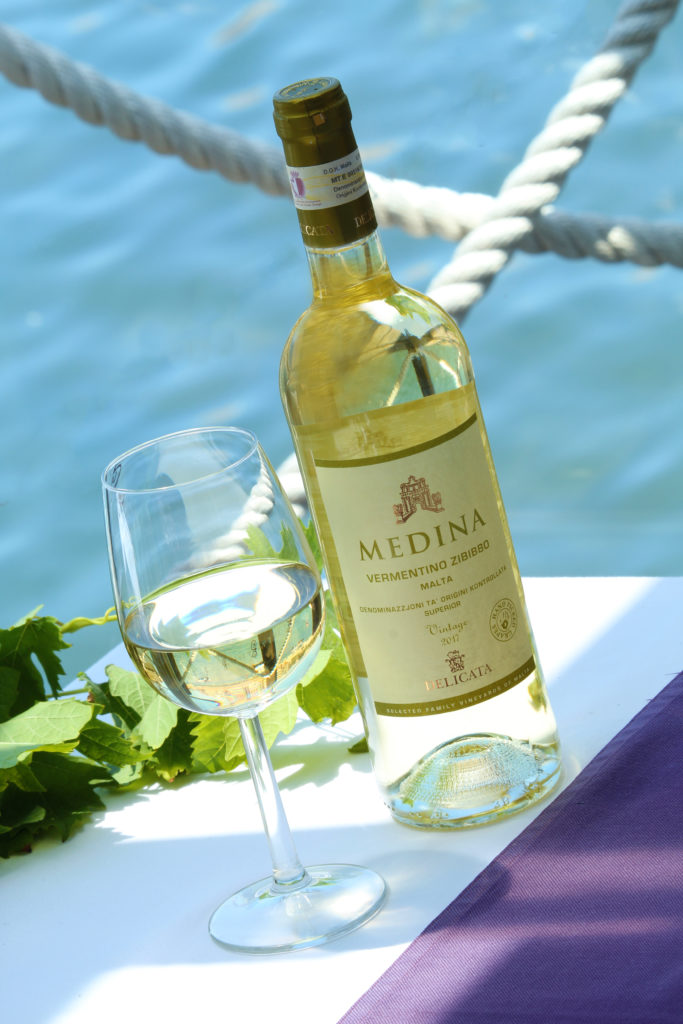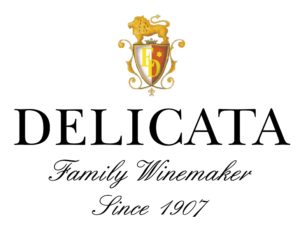It’s All In The Wine
“That which costs little is less valued”, Spanish novelist Miguel De Cervantes once penned. In less than a dozen words, he wittily summarised the point made in pages upon pages written centuries later which proof that even subconsciously we deeply believe that price is an indicator of quality.
In the case of wine, too, academic research has demonstrated the power of suggestion in perception and the strong effects of expectancies on assessments.
It’s an established fact that individuals generally imagine a more expensive wine to have more desirable characteristics than a lower priced one. When given a wine to taste that they’re falsely told is costly, they almost always find it better than the very same wine when they’re informed that it’s inexpensive.
Similarly, people may well have expectations about certain labels because of the wine’s geographic origin. I know many a wine drinker to favour, unconditionally and without reservation, wines made in the old countries, France and Italy in particular, over bottles from other lesser known regions.
To help eliminate biases, wine professionals at tasting contests will therefore usually evaluate a wine ‘blind’, meaning that the bottle will be masked. The theory is that if one doesn’t know what wine is in the glass, one will score more objectively.
So, how well would a Maltese wine made from a relatively new grape to Malta’s vineyards like Vermentino hold up when tasted blind in an international wine competition along wines made from the same variety but coming from the world’s most famous terroirs that have been home to the grape for centuries?
In truth, Corsica, Provence and the Languedoc-Roussillon in France and Sardinia and Liguria in Italy are really the reliable sites for Vermentino, and the favourites you would expect to excel.
The results are in. The latest achievement of Malta’s Delicata winery at the 2018 International Wine Challenge (IWC) in London, billed as “the world’s most meticulously judged wine competition”, is remarkable.
Delicata’s Malta-grown entry, the Medina Vermentino Zibibbo, DOK Malta, Superior, of the fresh 2017 vintage, which was tasted on three separate occasions by at least ten different judges, won a ‘solid’ silver medal.
It was surpassed by the only gold medallist, namely the bottle-aged 2015, Bèru, Vermentino di Gallura, Superior, produced by Società Agricola Siddura in Sardinia, a region which did well, as expected.

The award-winning Medina Vermentino Zibibbo
But, astonishingly, not one single wine from the other two top zones Liguria and Corsica equalled the Maltese silver result; their wines only got bronze medals and commendations.
If there were entries from the Provence or the Languedoc-Roussillon, they must have fared poorly since neither region got any awards at all.
In all, 8 silver medals were bestowed on wines made from the Vermentino grape variety. Two were not from Italy: Delicata’s Medina Vermentino Zibibbo blend from Malta and Berton Vineyard Metal Label from New South Wales, Australia.
And, how about price? Delicata’s Medina Vermentino Zibibbo retails in your local shop for around €5.50 per bottle, whereas the quoted prices (excluding delivery) for the other silver medallists are twice, thrice and five times as much.
It seems virtue too passes as coin, at the very least, when it’s not in the mind but all in the wine!
This article by Georges Meekers was first published in the Times of Malta on 01/06/18.

